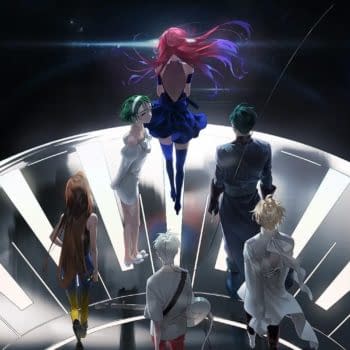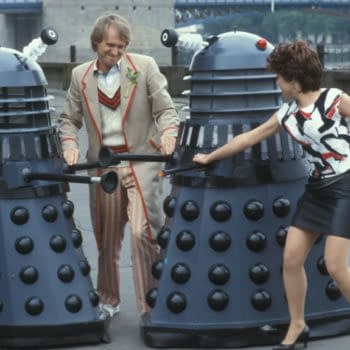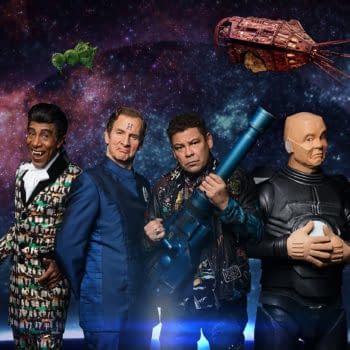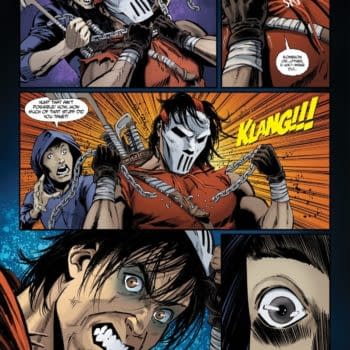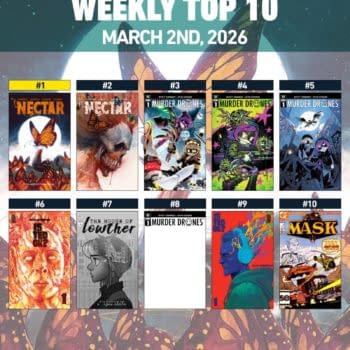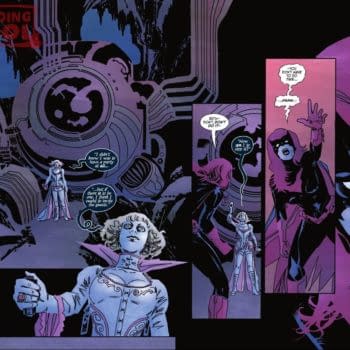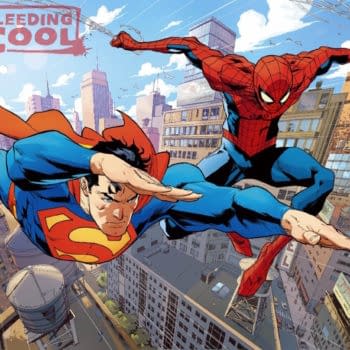Posted in: Comics, Marvel Comics | Tagged: avengers, black monday murders, Black Monday Murders #1, House of X, image comics, jonathan hickman, manhattan projects, Marvel Comics, Powers of X, secret war, x-men
"House of X": Jonathan Hickman Writes about Fascism Again – He Always Did
Jonathan Hickman's House of X and Powers of X created the most buzz in Marvel comics for ages. He turned the X-Men into a powerful separatist nation state with real political and economic. They have a secretive government with secret plans and agendas to manipulate and change the world. It's all very Machiavellian. You could say the X-Men are no longer heroic underdogs but villains.
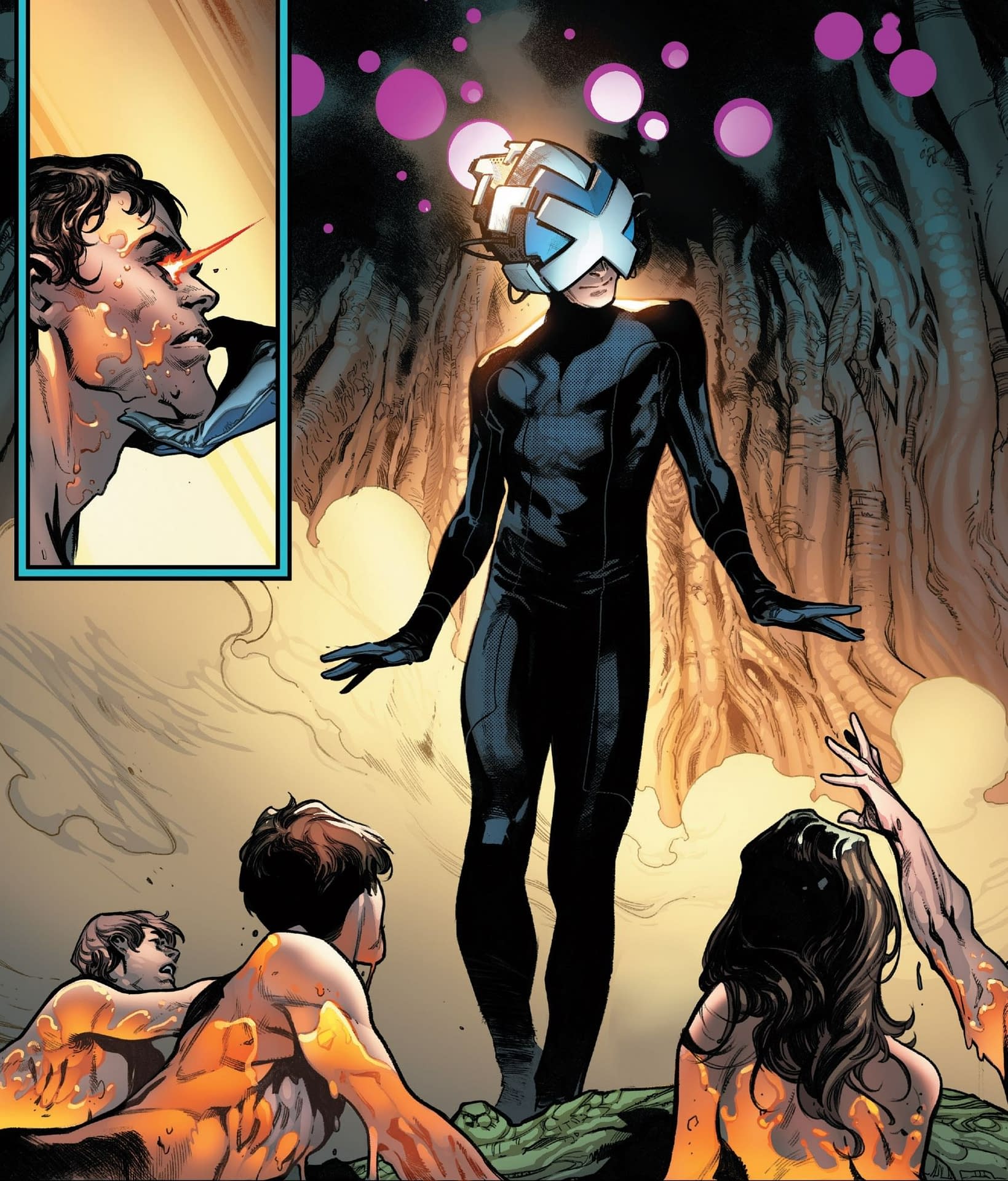
Some readers interpreted Hickman's story as an allegory for White Nationalism. Some read it as an allegory for Zionism. I think Hickman's story is about Fascism. In fact, nearly all his major stories are about Fascism. Virtually all his stories are about secret organisations of powerful people who control and change the world. His Marvel work has superheroes actively contemplating genocide all the time. Hell, his long Avengers run was about committing genocide across multiple universes. Infinity and Secret War were about Power and who gets to live or die.
He likes his Hard Science Fiction, and it's always about using power on an epic, political, cosmic scale. Manhattan Projects was about psychopathic alt-universe versions of famous scientists and military officials committing murder and genocide. The Black Monday Murders was about secret magical cabals that manipulate the stock market and global economy for power. Hickman definitely has consistent themes that swim happily in the sea of murderous fascists.
Hickman's main theme in his Marvel work is "Might makes right, got yours and the hell with everyone else." That's fascism boiled down to its purest nugget.
Hickman is into Power
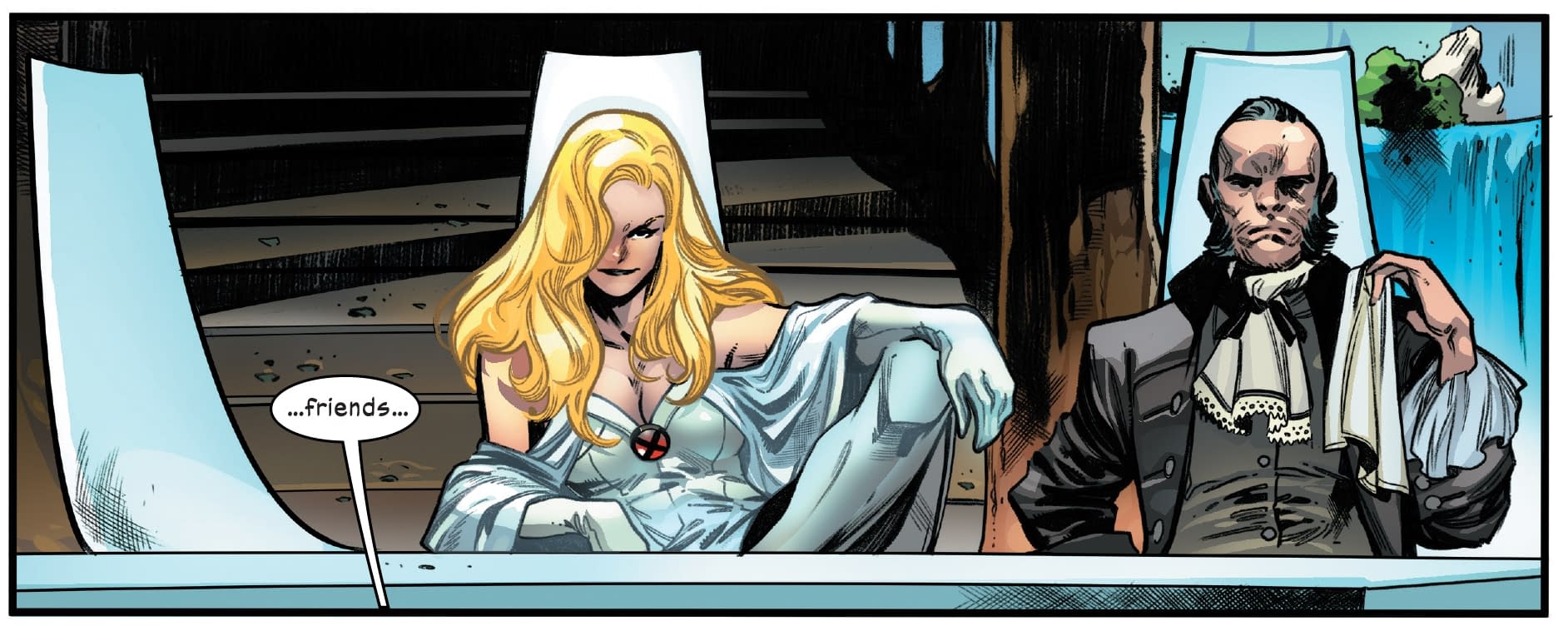
I'm not accusing Hickman of being a fascist, merely that he explores Fascism. His comics have always been about secret organisations with the power to affect the lives of millions of people. His themes always involve Power, how to use Power, who to use power on, and who should live or die under that Power. He focuses on the people with power in his stories and tends to write them as fascists.
When Hickman writes Marvel superheroes, he doubles down on the inherent fascism of superheroes without soft-peddling or sentimentalizing. Hickman might be the most unsentimental writer of superhero comics. The downside is, he shows little interest in underdogs or powerless people in his stories. They tend to be ciphers, victims and statistics caught up in the actions of his powerful people. I don't often sense much humanity in Hickman's writing, mostly of cold, calculating people using Power. He seems in awe of those who use power to roll over civilisation and History. Hickman doesn't write warm, lovable people. He writes monsters.
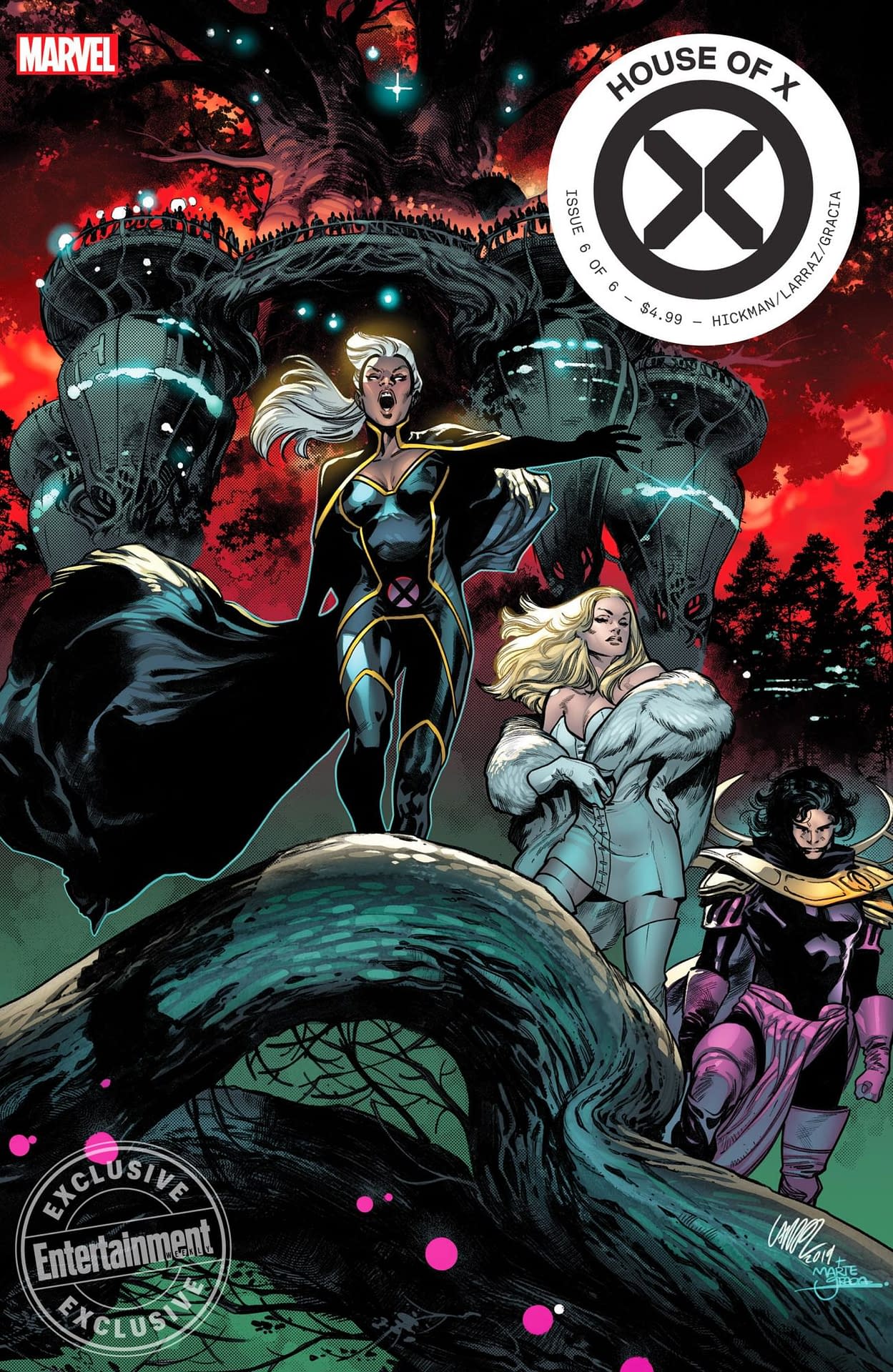
#6
Comic Book
House of X and Powers of X depict the X-Men's new rise to power with awe, fear and a lot of ambiguity. Hickman doesn't appear to be celebrating their new status. A sense of unease and even quiet horror permeates the story. It brings together all of Hickman's themes and tropes: the use of political, economic and technological power to change the world for good or ill, the power of Time Travel to change and correct history, the dark side of power.
If the tone was triumphant or celebratory, the story would be outright fascistic. So far, it seems to be a cautionary tale.





